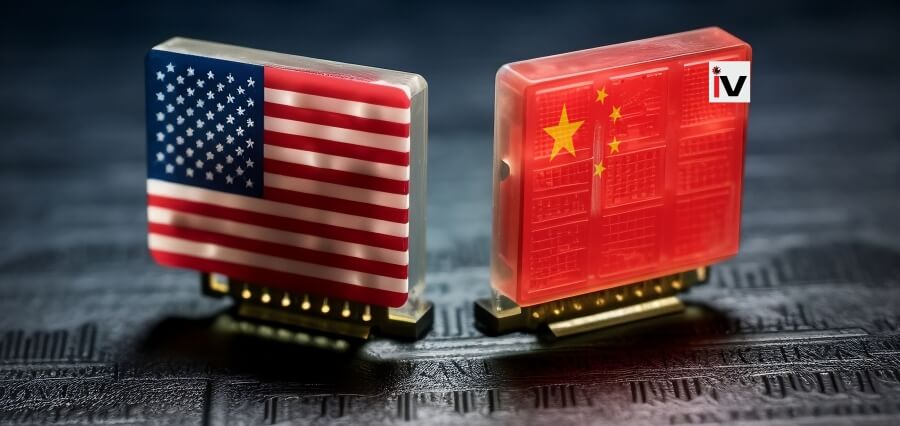Chloe Wang, a partner and vice-president at the Guangzhou-headquartered Yang Cheng Fund, has expressed enthusiasm about the US government’s ban on the export of certain advanced chips to China. Wang sees the move as “great news” that could stimulate a domestic ecosystem in China.
The US Department of Commerce recently announced restrictions on the sale of some advanced artificial intelligence (AI) chips to China, citing concerns about their potential use for military development. The ban targets chipmaker Nvidia’s A800 and H800 chips, with the H100 chip already banned in previous restrictions. Wang stated that her fund invests in semiconductor companies, particularly those in the AI training and autonomous vehicle sectors.
According to her, one AI chip company backed by Yang Cheng is preparing for an initial public offering, while a Shanghai-based AI chip firm is valued at over $3 billion. Wang emphasized that China has around 1,500 companies involved in the design of integrated circuits (IC) and a shortage of firms in the AI chip training sector, with around 20 start-ups in the space. She expressed confidence in Chinese entrepreneurs and the consumer base market, stating that upstream chipmakers will play a leading role in China and create their own ecosystem.
The US government’s ban aims to prevent China’s access to advanced semiconductors over concerns about military applications. Despite US sanctions, attention has turned to Chinese tech giant Huawei, whose latest smartphone, the Mate 60 Pro, features a chip supporting 5G. The chip, produced by China’s SMIC, has raised concerns in Washington about Huawei’s access to critical technologies. There are also questions about the efficiency of the chip production process and whether it can sustain Huawei’s resurgence on a large scale.
Read More: click here

